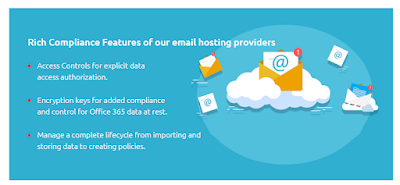CRM, or customer relationship management, has become an indispensable tool
for the travel industry. By applying this powerful technology, travel
businesses can enjoy numerous benefits that contribute to their success and
growth.
One significant advantage of CRM for the travel agency is enhanced customer
satisfaction. With a CRM system in place, travel companies can effectively
manage their customers' preferences, booking history, and feedback. This
enables personalized service, tailored recommendations, and targeted marketing
campaigns, leading to higher customer satisfaction and loyalty.
1. Better Understanding of Customers: CRM (Customer Relationship Management)
systems allow travel companies to collect and analyze customer data to gain
insights into their behavior, preferences, and needs. This helps travel
companies to better understand their customers and provide personalized
services, resulting in increased customer satisfaction and loyalty.
2. Enhanced Customer Service: With CRM, travel companies can track and
manage all customer interactions, such as inquiries, complaints, and feedback.
This allows them to provide prompt and efficient customer service, improving
the overall customer experience.
3. Streamlined Sales Process: CRM systems help in automating and
streamlining the sales process, from lead generation to booking and payment.
This saves time and effort for both the travel company and the customer,
resulting in a more efficient and seamless sales process.
4. Targeted Marketing Campaigns: With the help of customer data collected by
CRM, travel companies can create targeted marketing campaigns to reach out to
potential customers. This allows them to tailor their marketing efforts to
specific demographics, interests, and behaviors, resulting in a higher return
on investment.
5. Increased Efficiency and Productivity: CRM systems eliminate the need for
manual data entry and paperwork, allowing travel companies to focus on more
important tasks. This increases efficiency and productivity, resulting in cost
savings and improved business operations.
6. Improved Cross-Selling and Upselling: By analyzing customer data, travel
companies can identify opportunities for cross-selling and upselling. This
means offering customers additional services or upgrades that they may be
interested in, resulting in increased revenue for the company.
7. Real-time Data and Insights: CRM systems provide real-time data and
analytics, allowing travel companies to make informed business decisions. This
helps them to identify trends, anticipate customer needs, and adjust their
strategies accordingly to stay competitive in the market.
8. Increased Customer Retention: By providing personalized and efficient
services, CRM helps to increase customer satisfaction and loyalty. This leads
to repeat business and positive word-of-mouth recommendations, resulting in
increased customer retention for the travel company.
9. Better Management of Resources: CRM systems allow travel companies to
manage their resources more effectively by providing insights into customer
demand and preferences. This helps them to optimize their inventory, pricing,
and staffing, resulting in cost savings and improved operational efficiency.
10. Competitive Advantage: In today's highly competitive travel industry,
CRM can give companies a competitive advantage by providing a better
understanding of customers, efficient sales processes, and personalized
services. This can help travel companies to stand out in the market and attract
more customers.












